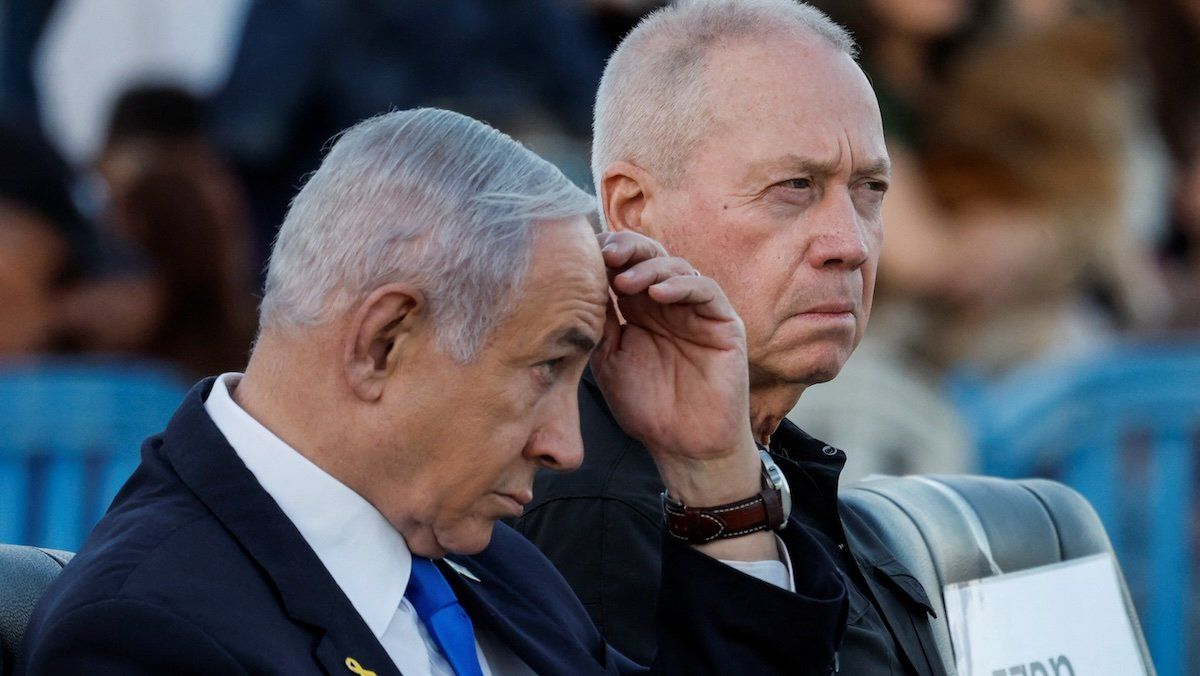Israeli Prime Minister Benjamin Netanyahu fired his defense minister, Yoav Gallant, after months of disagreements over the war in Gaza.
If this feels like deja vu, it’s because Bibi also sacked Gallant last year, before the Gaza war, only to reinstate him as defense minister two weeks later amid mass protests.
Why now? Gallant’s dismissal comes as Israel fights on multiple fronts: against Hamas in Gaza, Hezbollah in Lebanon, and amid an escalating tit-for-tat with Iran. It’s a difficult moment for Netanyahu to be replacing his defense minister, but Netanyahu said there was a “crisis of trust” between him and Gallant.
Israel Katz — the country’s top diplomat and longtime ally of Netanyahu who recently made headlines for banning UN chief António Guterres from entering Israel — will replace Gallant. And Katz will be replaced as foreign minister by Gideon Saar, an ex-rival of the prime minister, in a move that appears designed to help stabilize Netanyahu’s fragile coalition.
The shift means Bibi now has an even tighter grip over Israel’s prosecution of this multifront war. Gallant frequently challenged Netanyahu’s approach — and pushed hard for a cease-fire agreement to bring about the release of hostages in Gaza — and now he’s out of the way.
A distracted US. Gallant had a strong relationship with the Biden administration, which has often been at odds with Netanyahu. The Israeli PM fired him on Election Day in the US, perhaps hoping the White House would be too preoccupied with the vote to issue any major objections.
Fresh protests erupted over Netanyahu’s decision on Wednesday. We’ll be watching to see how this impacts US-Israel relations moving forward, though the White House has already pledged to work with Gallant’s successor.
